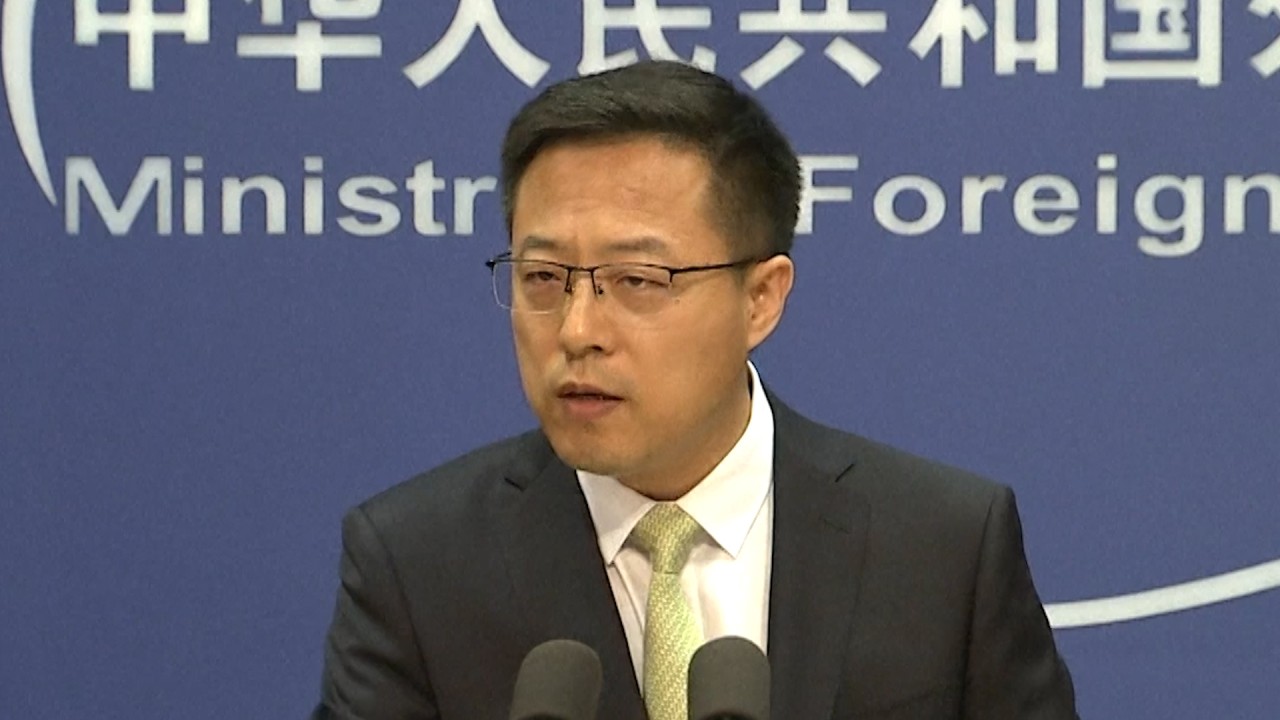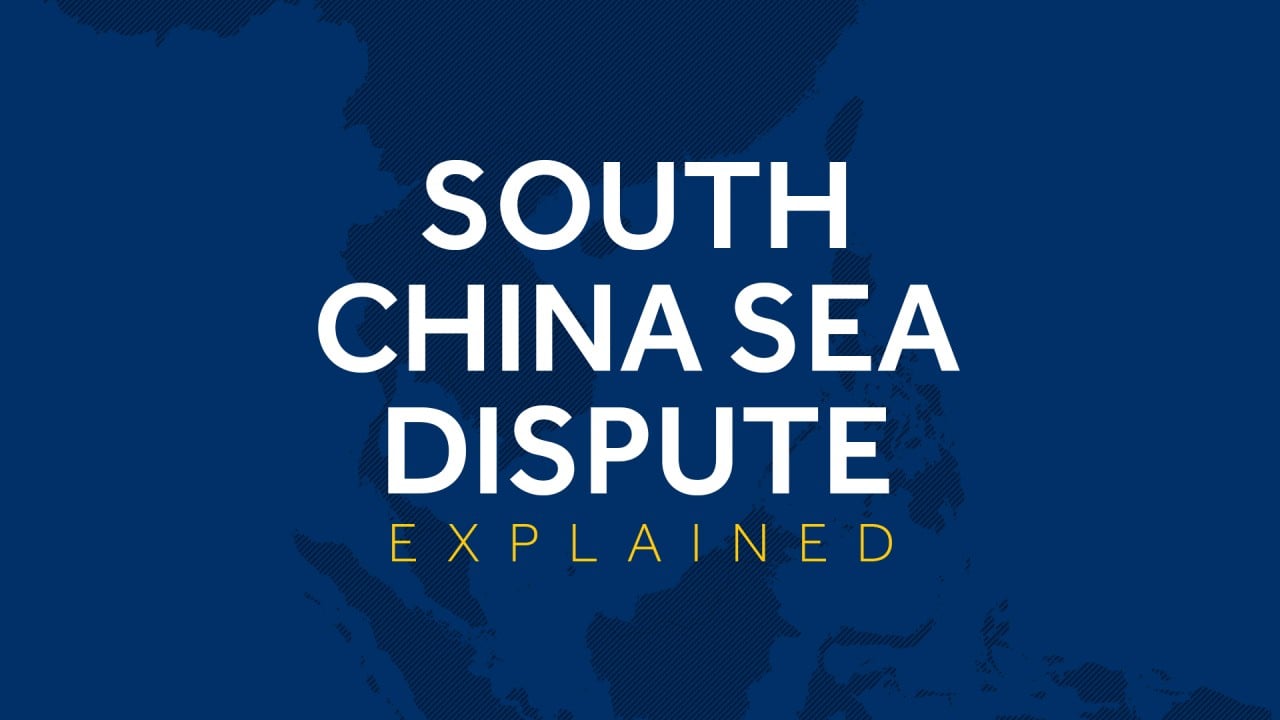
Beijing should change tack on South China Sea to avoid conflict with US, analyst says
- As relations deteriorate and Washington toughens its stance, the contested waterway is likely to be a flashpoint, regional security expert says
- Managing tensions with its Southeast Asian neighbours is seen as a key task
While policy advisers will be looking at different scenarios for the protracted struggle between the two superpowers in the region, managing tensions with its Southeast Asian neighbours was a key task for Beijing, according to Chen Xiangmiao, an associate researcher with the National Institute for South China Sea Studies on Hainan Island.
“If there is a maritime clash with [rival claimants] Vietnam, Malaysia or the Philippines, the US will have an excuse to step in, and that could trigger a direct military conflict between China and the US,” Chen said.
“[But] as long as the rival claimants can exercise restraint and don’t take sides between China and the US, I think the risk of conflict can remain under control.”

02:32
Washington’s hardened position on Beijing’s claims in South China Sea heightens US-China tensions
South China Sea: key moments in a decades-long dispute
“We used to say that the South China Sea issue could affect overall Sino-US relations. But now the South China Sea issue has become [part of Washington’s] comprehensive strategy to contain China,” Chen said. “China will need to examine the relationship between the South China Sea issue and overall Sino-US ties.”
He continued: “Is decoupling [between China and the US] possible? My assessment is that it is not likely. But if the relationship between China and the US continues to worsen, then the South China Sea issue could become the tipping point that leads to a [military] clash.”
According to Chen, Beijing needed to prepare for the US taking a tougher approach, including more flexing of its military muscle in the strategic waterway and pressing its regional partners and allies to take a stronger stand against China.
In one scenario, Chen said the US could send its coastguard in response to what it sees as a growing threat from China’s “grey zone” operations by coastguard vessels and maritime militia, which Beijing has been accused of using to expand its presence in the South China Sea.
Chen said likely countermeasures from Beijing included setting up an air defence identification zone in the South China Sea and accelerating its infrastructure-building in the disputed waters
“[China’s actions will] depend on the perceived threat from the US,” Chen said. “If the US or rival claimants such as Vietnam make any unilateral move, I wouldn’t rule out any possibility.”

02:34
China hits back at US after Pompeo says most of Beijing’s claims in South China Sea are illegal
Zhang Mingliang, a Southeast Asian affairs expert with Jinan University in Guangzhou, said Beijing needed to improve relations with its neighbours, and that could include providing public services.
“China’s capacity to provide public services to the region has significantly increased because of its rapid infrastructure-building in the South China Sea,” Zhang said.
“China may need do something now, for example, open facilities that serve common interests in the region. That could help ease suspicions [among rival claimants] – especially when China’s theoretical evidence [for its territorial claims] in the South China Sea doesn’t really convince anyone.”
The under-the-radar South China Sea projects Beijing uses to cement its claims
China is negotiating with the Philippines on their territorial dispute and it has been pushing Malaysia to set up a separate “bilateral consultation mechanism” for theirs – something critics say is a “divide and conquer” tactic by Beijing.
Chen said Beijing may need to step up efforts on bilateral negotiations “to ensure there are no miscalculations that would escalate tensions, particularly as rivalry between China and the US boils over”.

03:23
The South China Sea dispute explained
Observers said Pompeo’s statement could drive Asean members to conclude talks on the code as swiftly as possible.
“The latest US move could mean that at least some Asean parties feel more emboldened to push their respective agendas on the South China Sea in the negotiations with Beijing,” said Collin Koh, a research fellow at the Institute of Defence and Strategic Studies at the S. Rajaratnam School of International Studies in Singapore.
“For Asean member states, the fear of intensified Sino-US rivalry and rising tensions in the South China Sea would mean having to stress the urgency of promulgating this code,” Koh said.

